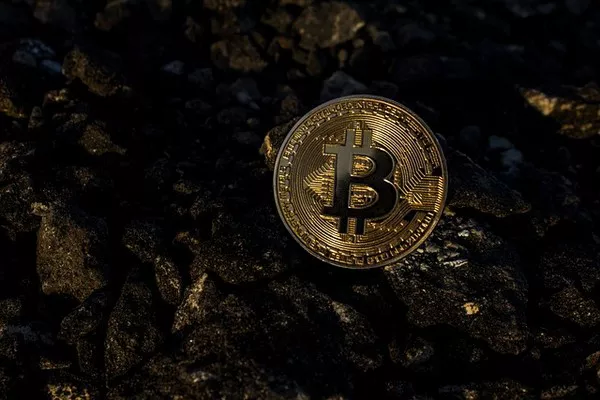The administration of Argentinian President Javier Milei has confirmed transferring a portion of the central bank’s gold reserves, valued at $4.5 billion, abroad in a bid to generate returns. However, this move has sparked concerns over the potential for the sovereign gold to be seized by international creditors.
Argentina’s central bank holds nearly two million troy ounces of gold, and there is growing unease among citizens about how much of this reserve has been moved, where it has been relocated, and the risks of potential seizure.
Spanish newspaper El Pais reported over the weekend that while Milei’s far-right administration acknowledged the transfer, it did not specify the quantity, destination, or purpose of the gold movement. The Banco Central de la República Argentina (BCRA) also provided no details, leading to speculation and fears of possible seizure due to longstanding legal disputes with foreign creditors.
The information about the gold transfer was not officially announced but emerged from the bank workers’ union, La Bancaria. Union leader Sergio Palazzo, a left-wing legislator, requested details from the BCRA under the Law of Access to Public Information. Specifically, Palazzo sought information on gold transfers that reportedly occurred on June 7 and June 28 via Lumil, a private security firm, and British Airways. He requested details on amounts, destinations, administrative procedures, and officials involved.
The BCRA has 30 days to respond to this request, but Minister of Economy Luis Caputo has confirmed the operation. In an interview, Caputo defended the move, stating that having gold abroad allows Argentina to earn returns, unlike holding it domestically. He speculated that the gold was sent to London or Basel, Switzerland.
Economists, however, have criticized the plan, arguing that the costs associated with transferring and insuring the gold might outweigh any potential returns. President Milei suggested the gold might be used as collateral for a bridge loan, with the aim of securing additional funds to manage foreign debt repayments.
The transfer has provoked strong reactions from Argentina’s main opposition, the center-left Unión por la Patria alliance. They have called for immediate clarification from BCRA president Santiago Bausili on the amount of gold transferred and the rationale behind the move. They also expressed concerns about the risk of the gold being seized either in transit or at its destination.
The apprehensions are not without basis. Argentina faces numerous legal challenges abroad, including disputes dating back to the 2012 nationalization of YPF and the 2001 debt default. Similar issues have plagued other nations, such as Venezuela, where access to 30 tons of gold deposited in the UK was blocked in 2019 due to questions over government legitimacy.
Amid security concerns, there are also allegations of potential corruption, as Caputo and BCRA president Bausili were partners in a consulting firm before their appointments following Milei’s election victory in December 2023.


